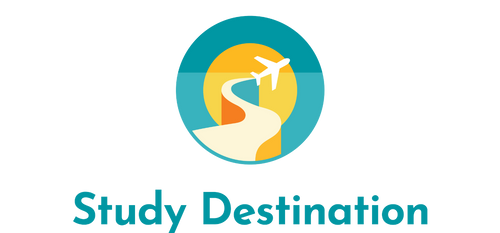Are you the type of person who likes to advise and help others? Diagnosed mental health issues are on the rise in Australia and as a result, the demand for professionals in the sector too. Many vocational schools are also offering quality mental health courses all around Australia. Let’s find out the vocational course that could suit you best!
Vocational courses that lead to employment in high-growth sectors
“Every day is different when you are a social worker, you got to meet so many different people, confess Sarah, a social worker based in Melbourne. And it’s so rewarding to help them make the most out of their lives.” Over the years, and especially since the beginning of the pandemic, she has seen the number of job opportunities increase. If working in the mental health sector is a meaningful choice for many people, it is also pretty well paid. A social worker earns on average $61 000 per year, a mental health counsellor $58 000 a year, and a youth worker $54 000 per year.
However, the qualifications you will need vary depending on the sector you want to work in. If you decide to become a social worker, for instance, you will generally need a bachelor’s degree in a health-related area, whereas welfare and community service workers typically have a diploma or at least 3 years of experience in the area. It is an easy area to upskill in and which provides many opportunities to change careers.
Psychology, youth work, social work, counselling, paramedics, and nursing are six of the highest-growth fields in the mental health sector. Most of those occupations require the worker to provide emotional support, evaluate and assess the patient mental’s health, provide achievable advice, work with diverse people, respond to crises, and sometimes implement treatment strategies.
How different are those six fields? If psychology is the science of helping people to understand deeper and longer-standing mental health issues, counselling generally helps people in the short term. Counsellors help people to understand and overcome their issues such as depression, anxiety, grief, or ADHD. They help them make healthy decisions, manage conflict, and develop interpersonal skills.
On the other hand, youth workers focus on disadvantage young people while social workers help a broader range of people to confront social problems. They are also working on improving human rights.
Finally, if nurses are generally focusing on general health, they can choose to specialize in mental health, in psychiatric hospitals or clinics for instance. Paramedics also regularly need to treat people suffering from mental health conditions.
Which vocational courses should you start with?
Vocational courses such as a Certificate IV in Mental Health provides the ideal entry point to build a solid foundation for a career in mental health. Max Therapy Institute’s vocational courses prepare you particularly well for the mental health sector. Their Certificate IV in Mental Health is practical: to achieve your qualification, you are required to complete at least 80 hours of work. This work will consist of implementing community-based programs and activities for people affected by mental illness and psychiatric disability. It can be undertaken in community-based non-government organisations, clinical settings, rehabilitation programs, and much more. All in all, this is a fantastic opportunity to learn the theory in class and then experience it on the field. This is also quite flexible, as you must only devote 2,5 days a week to the vocational course and the Certificate takes a year to complete.
Such a certificate will then allow you to work as a Mental Health Support Worker, Community Support Worker, Mental Health Outreach Worker, Professional Mental Health Support Worker.
However, if you wish to work as an Occupational Therapist or as an Alcohol and Drug worker, you will need to pursue some additional vocational courses, such as a Diploma in Mental Health. It takes one and a half years to complete and will also require you to invest 2,5 days per week in your studies. Again, the training will be a combination of classroom and practical elements such as role-play, simulations, and compulsory work placement.
“Working in the mental health sector is a fantastic way to have a better understanding of the human brain, added Sarah. It’s fascinating and you never stop learning”. Tempted to make a positive on other people’s lives? The next intake dates for Max Therapy Institute’s vocational courses (Certificate IV and Diploma of Mental Health) are on the 12th of July. Contact us for more info, we’ll be happy to help you with your project!














